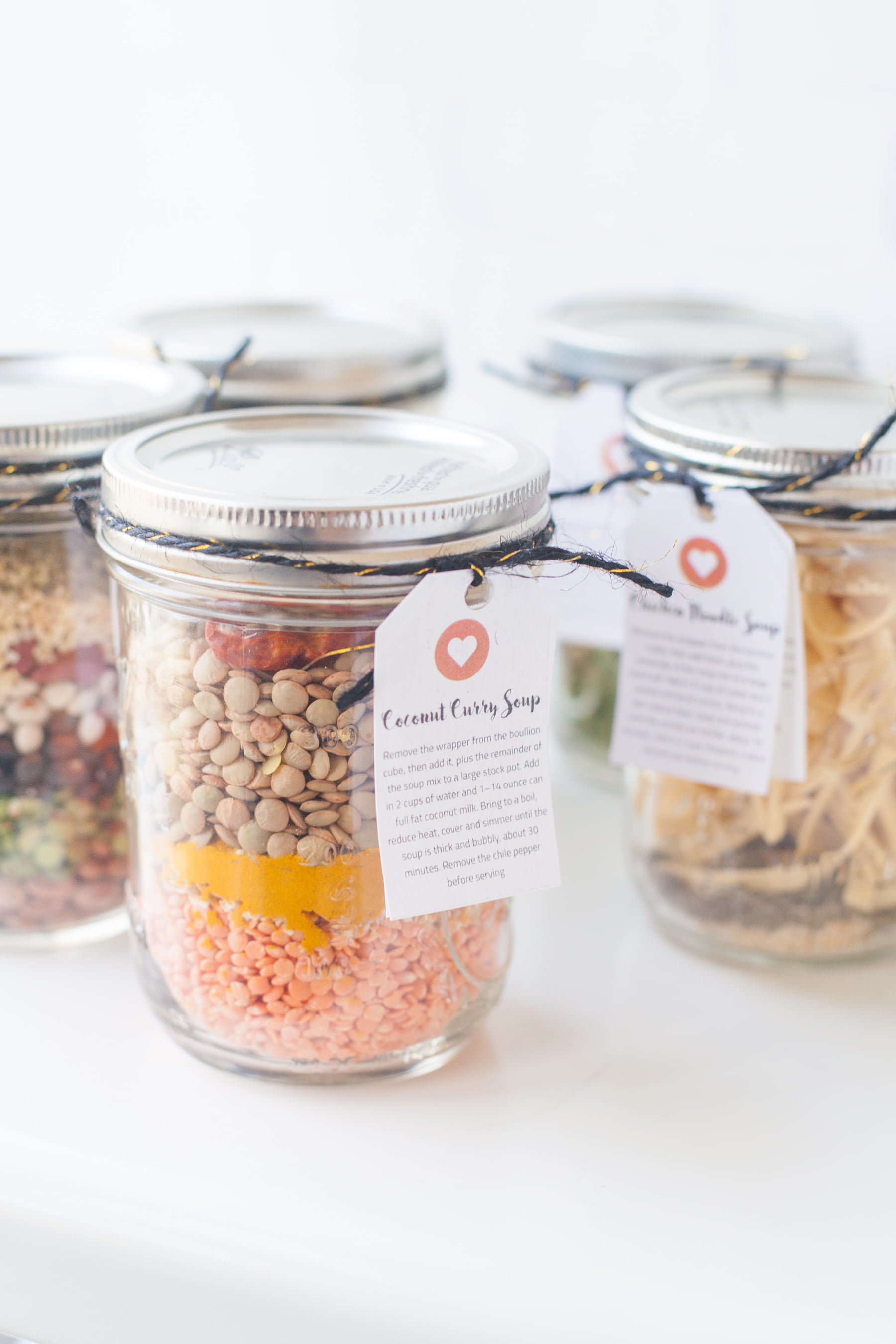couple of issues to consider...
1) Meat does not re-hydrate well. Vegetables do because their cell structure is designed to rapidly absorb water, but meat is completely different and no amount of tricks/tips will change that. Pressure cooking it before hand, soaking in brine etc.... is claimed to help by some, but I have tried it all and the results are "woody".
Another option for meat is instead of dehydrating it, you can freeze dry it (with a vacuum machine thing). That is how the big companies (like Mountain House) do it. It still doesn't rehydrate like fresh meat but it is a little less woody in texture.
2) Fat goes rancid and dehydrating doesn't change that so unless the meat/fat is frozen until used (for a backpacking trip or whatever) the animal fat really can't be considered shelf stable for a year. For dehydrating usually the leanest cuts of meat are used. Yes there is purified lard and such that is shelf stable for years, and supposedly pemmican can last decades (fat/meat) but from a practical standpoint you would have to use very lean cuts of meat. And yes some people say beef jerky lasts a year or more and if you are eating it yourself fine, but when packaging it for others it is risky (especially with elders, their immune systems are often weaker and they can get really sick from small amounts of salmonella, e-coli etc...)
On a side note I personally do not like dehydrated potatoes much either. Have tried dehydrating them in different ways and they have a very rubbery texture, so that would be something to test out ahead of time.
Personally all things considered,
I would look at a dried "soup mix in a jar" mix with dehydrated veggies, grains, pasta, seasoning etc....kept in its original dry form until cooked/boiled. That could also be packaged in mylar if you prefer. Though if this is for emergencies/power outages choosing ingredients that don't have to be boiled for hours (i.e. not lentils or beans) might be something to consider, though beans can be cooked and dehydrated.
Using ingredients such as instant rice (or cook/dehydrate your own rice), pasta, instant mashed potatoes etc...would make for a thick soup base. Depending on how much time you want to spend, you could also look into dehydrating "soup bark" which is basically making a base/paste out of fat free bone broth, or beans, or whatever and then dehydrating it down until it is just dry pieces that shatter easily.
Soup Mix in a Jar Recipies


 1
1




 1
1

















 1
1













